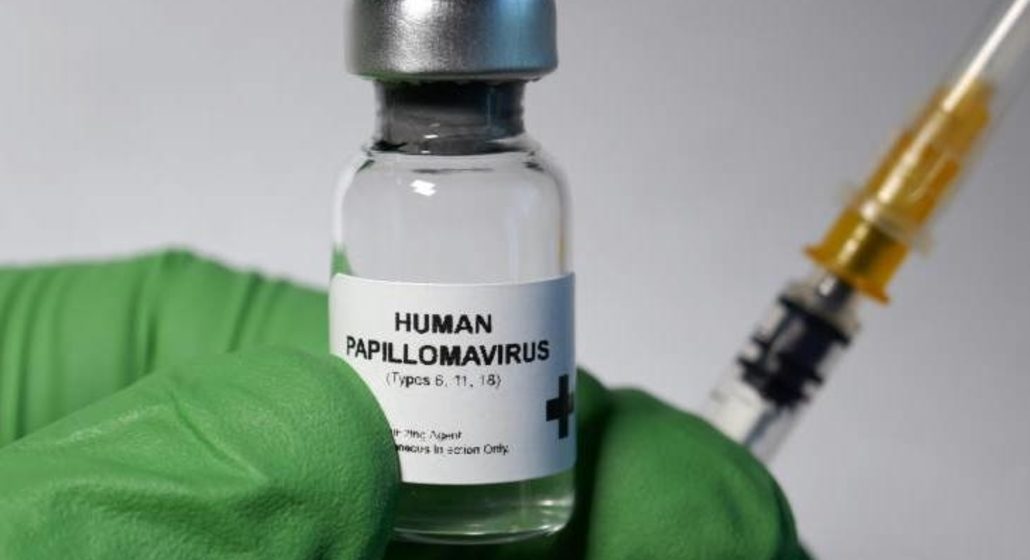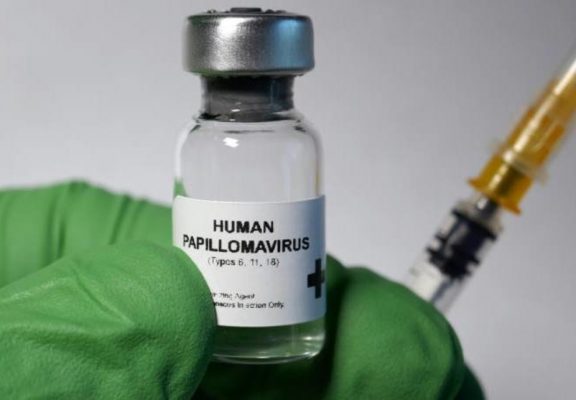

World Cancer Day
A truly global event taking place every year on 4 February, World Cancer Day unites the world’s population in the fight against cancer.
It aims to save millions of preventable deaths each year by raising awareness and education about the disease, pressing governments and individuals across the world to take action.
Just as cancer affects everyone in different ways, all people have the power to take various actions to reduce the impact that cancer has on individuals, families and communities.
World Cancer Day is a chance to reflect on what you can do, make a pledge and take action. Whatever you choose to do ‘We can. I can.’ make a difference to the fight against cancer.
Facts:
- Cancer is one of the most prevalent diseases worldwide.
- Cancer is the second leading cause of death globally in 2015.
- Tobacco use is the most important risk factor for cancer.
- The most common types of cancer worldwide are: lung, liver, colorectal, stomach and breast cancer.
Statistics:
Globally:
Around 14.1 million new cases of cancer have been diagnosed in 2012, and according to estimates 8.8 million deaths recorded in 2015.
Objectives:
- Reduce premature deaths from NCDs by 25% by 2030.
- Educate communities about cancer diseases and means to prevent them.
- Take a positive attitude to combat cancer at the level of individuals, community, governments and international organizations.
- Emphasize that solutions are possible and available, and we as individuals, government and non-governmental institutions and agencies can provide means of support, awareness and prevention of cancer.
- Harness efforts, capabilities and motivations for positive change and work to be open up to possibilities and expectations of positive impact on the global burden of cancer.
Target Group:
- Cancer patients and their families.
- Health professionals including doctors, nurses, pharmacists and health educators.
- Education professionals including teachers, social worker and others.
- Schools, institutes and universities.
- Health decision-makers.
- The public.
Africa Health Organisation (AHO) with its partners will be orgiaisng events across Africa and the Diaspora.
Related Links:

